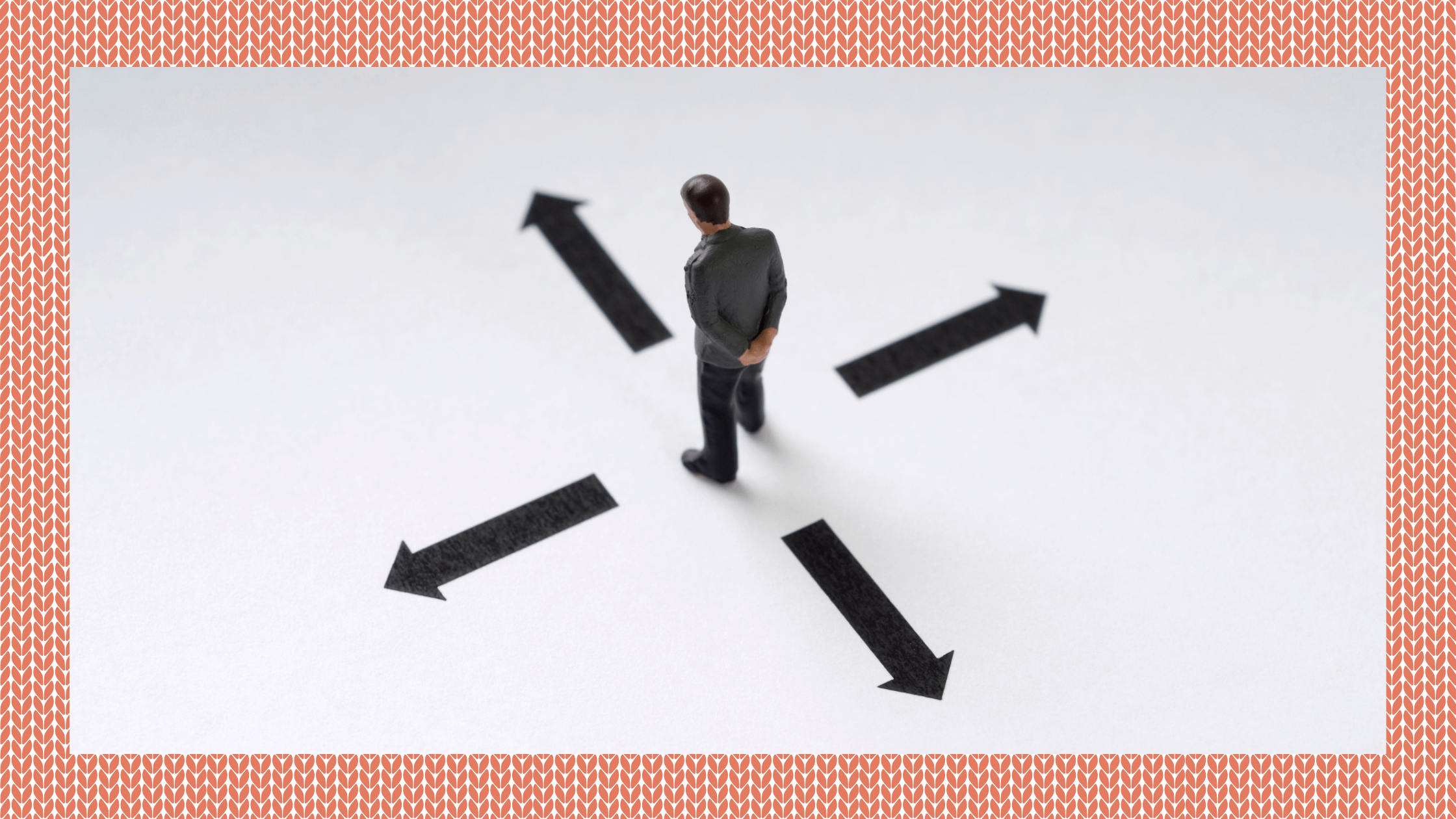 THE SHAME OF DISAGREEING
THE SHAME OF DISAGREEINGToday, I had an online conversation with someone who stirred a feeling I know all too well. What’s that feeling, you ask? Shame—for disagreeing.
If you can relate, humor me by reading on.
I grew up in a fundamentalist version of Christianity, where disagreement wasn’t encouraged—it was condemned. It wasn’t just frowned upon; in many cases, it was considered a sin.
Think babies can be baptized? Un-Christlike! What? You don’t believe in the rapture!? You, my "friend," are a heretic. I could go on for pages. It’s no wonder Protestantism has fractured into thousands of denominations—each one birthed from a disagreement that wasn’t allowed to simply exist.
But is that healthy? Or even reasonable?
I would argue that it isn’t. Sitting with the discomfort of disagreement helps us grow. It stretches us. We learn to love unconditionally when we can’t see eye to eye yet still choose to allow space for differing views—without shame. Because, quite frankly, no one (least of all me) knows it all.
The Conversation
In my social media exchange today—let’s call them Avery—we had opposing opinions. Instead of a conversation that explored our differences, I was told, You’re wrong. Period.
And just like that, my subconscious kicked into fight-or-flight. The same script played in my head: I’m wrong. I don’t know anything. Who do I think I am to disagree? Just agree and move on.
I sat with the feeling but focused on my body instead.
My abdomen tightened. My breath grew shallow. This was my nervous system doing what it had been trained to do. As a woman raised in evangelical Christianity, I know this reaction well. But as someone who has deconstructed from so much of my former faith and conditioning, I recognize it for what it is—a subconscious program implanted by others. And today, I chose to see it as an opportunity to stay curious and grow.
Rewriting the Script
The conversation itself isn’t the point. The point is that I recognized a pattern—one I’ve noticed before—and I made a conscious decision to disrupt it.
In the past, my default was to assume I was wrong, especially when someone spoke with authority or used words I didn’t know. (Shoutout to my online dictionary—an invaluable tool in my deconstruction journey.) But awareness is step one. Now that I see this programming, it’s time to rewrite it. Not just because it doesn’t serve me, but because I believe it’s unhealthy for anyone to be this suggestible to voices outside their own.
We won’t always be right. But we must be able to trust ourselves.
If I had immediately agreed with Avery just to avoid conflict, I would have been dishonest—with them and with myself. Disagreement isn’t a dead end. I could research more and discover they’re right. Or that I am. Or that we’re both wrong. Or that the entire debate has no real-world impact. Whatever the outcome, I would gain knowledge, which is never a bad thing.
But there’s another option.
We could simply disagree and be okay with that.
No shame. No forcing the other to see it our way. Just mutual respect.
The Takeaway
The real lesson here isn't about who was right. It's about what happens inside us when disagreement triggers old programming; when that happens, pause. Stay curious. Ask yourself:
- Is this an outdated belief that needs rewriting?
- Or is this a new idea I’m still processing?
Either way, give yourself the space to decide on your own terms.
And if you need help learning how to trust your own inner guidance system—that’s what I do! Reach out.
Love,
Can
Can













0 Comments